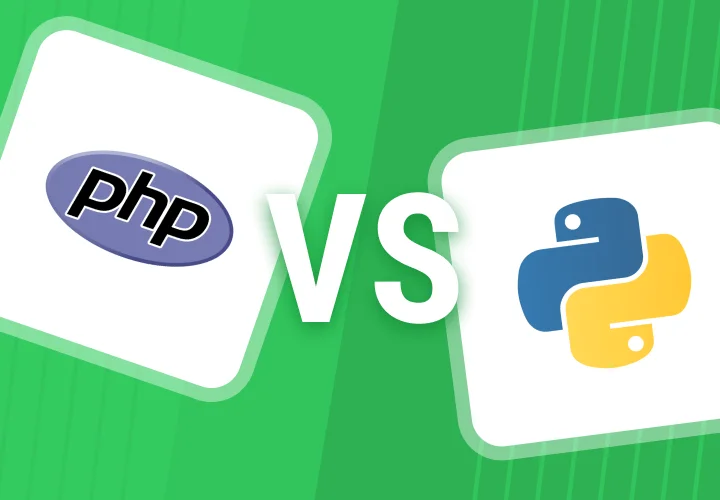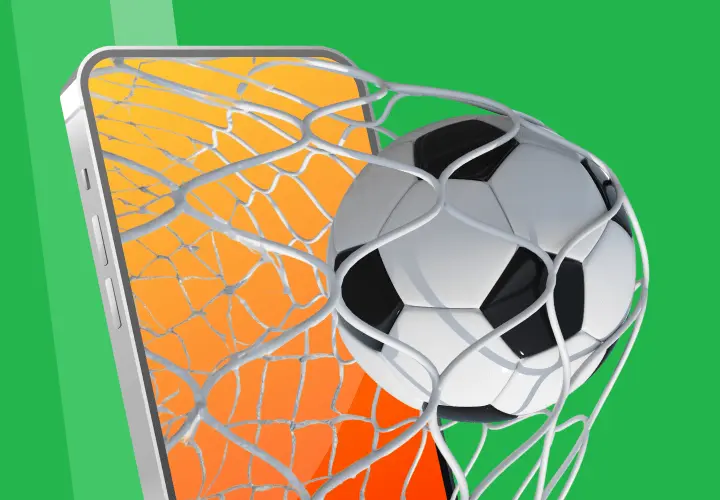Privacy: What’s up? Corporates Are Armed to the Teeth
Table of contents
This year starts with the privacy being at the core of transformation. The CES technology conference revealed the hottest topic among the leading tech companies. Businesses decided to put weird devices aside and concentrate on security features.
Emerline has warned you against sophisticated cyberattackers. As data breaches rise, industries need to emphasize their capability to control user privacy. Prevention is always better than cure, so the products tied to privacy protection are most in demand today.

Google, YouTube, Apple, and other internationally famous corporates invest efforts in delivering new privacy features. What’s the latest news? Let’s explore how successful business giants kick-started their new year with an eye to privacy updates.
GOOGLE: Google Assistant Soars to New Heights
‘Hey Google, that wasn’t for you’ is quite an easy statement to remember, right? It’s a brand new feature as well that prevents the leakage of unintended information. Have you started to formulate your request while your fellow is saying something out loud? Activate the function, and Google will never know the insights.
Another voice action sounds as follows, “Hey Google, are you saving my audio data?” It will give users the simplest path to Google’s settings in order to change them.
Wanna get rid of all the voice assistant activity from your account? Say something like “Hey Google, delete everything I’ve said to you this week”, and the magic will happen.

APPLE: Revamping a User Privacy Approach
Apple goes big — during 2019, the company was setting the standard for user privacy and security, according to Eddy Cue. Specifically, a recently released Apple’s platform security guide unveiled their overall focus on privacy issues.
Although some features do annoy users, like pop-up reminders about people being tracked, iOS 13 is marked by the most advanced security improvements, such as full support for security keys.
FACEBOOK: Privacy Checkup is New Again
Facebook has refreshed their good old tool (Privacy Checkup) and enriched it with a number of features covering lots of security issues.
The users keep their accounts more secure by creating stronger passwords and activating login alerts; explore the ways and channels they can be found with; track the data they exchange via the apps connected with Facebook, etc.

RING (AMAZON’S SUBSIDIARY): Updates Aimed to Resist Data Breach
The Ring’s primary goal is eliminating all security issues to avoid data breaches. On the way to strengthening data protection, Ring adds new features to the bunch of existing privacy options. Among other things, they will include the ability to track all locations connected to the users’ accounts.
Different two-factor authentication (2FA) options will appear in addition to the text-based 2FA. Besides, Ring is actively working on its smart lighting product portfolio — now it has Smart LED Lightbulbs capable of being controlled remotely and motion-activated Smart Lighting Solar for outdoor installation.

YOUTUBE: Children’s Privacy Protection
YouTube makes gradual changes to their children’s privacy policies — using Machine Learning algorithms, the company detects video items made for children, whereas content creators have to label the video themselves as well.
No more targeted ads based on the online activity for kids’ videos — viewers will rather be given a chance to select from the other children’s videos recommended to them.
The limitations on collecting personal information from people watching children’s videos have entered into force. Comments under such videos, live chatting, or the option to add the video to playlists now also have certain restrictions.

Privacy and security are the two non-expiring trends to uphold reputation. Mind that customers are especially attracted to companies that take privacy seriously.
Published on Jan 14, 2020





